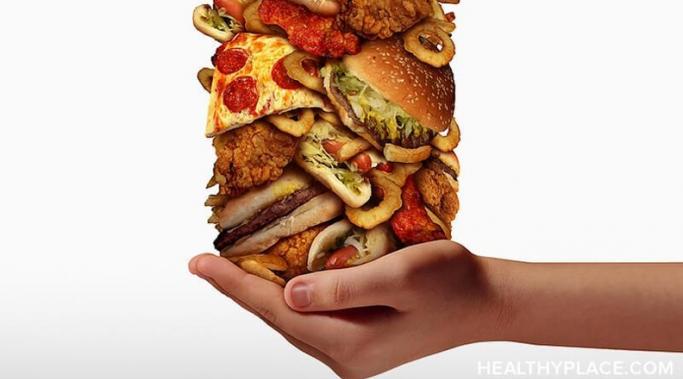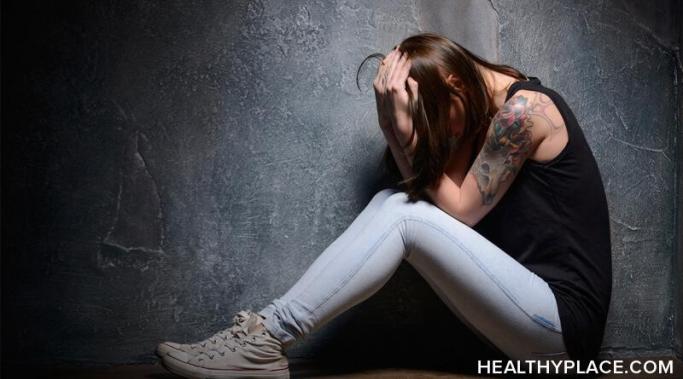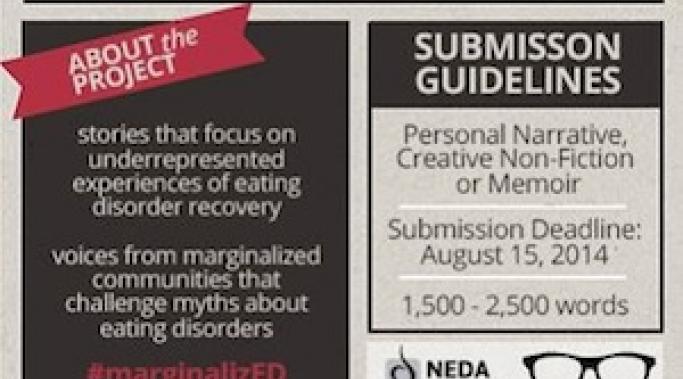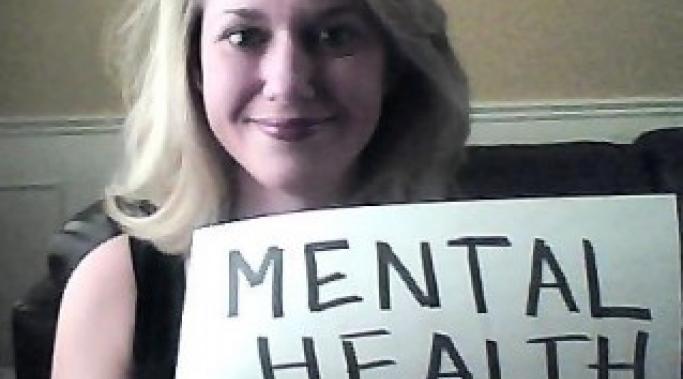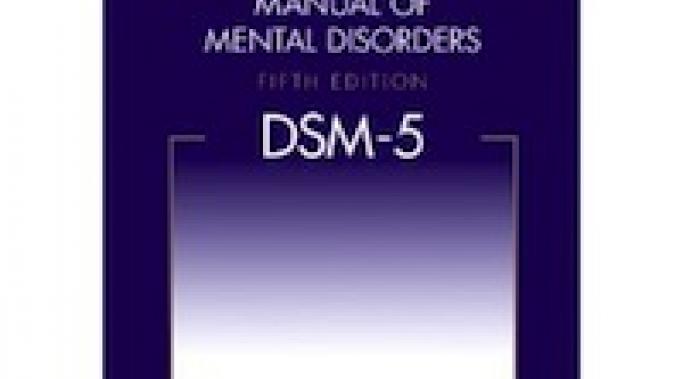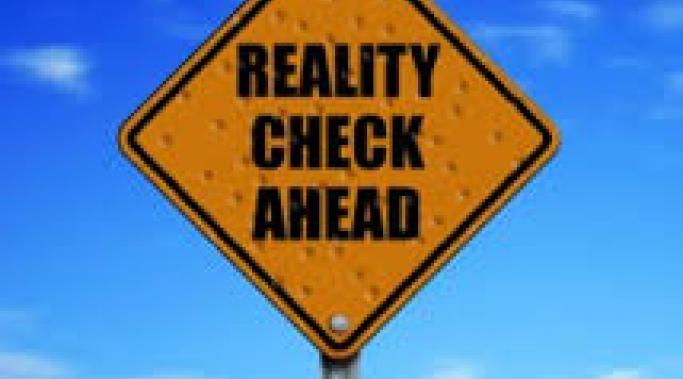Binge eating at night is a problem for just about everyone who has the luxury of steady access to food, whether they are in eating disorder recovery or not. However, for those of us in recovery, these nighttime binges can be detrimental to our progress.
Bulimia Treatment
Eating disorders have been trivialized for decades. However, people struggling with these illnesses have an elevated risk of death by suicide compared to other psychiatric disorders, with bulimia having the highest attempted suicide rates. High comorbidity associated with bulimia – and the dearth of research – makes it difficult to tease apart what contributes to suicide risk. But it’s important for people to know that both bulimia, and the suicidality that accompanies it, can be treated and overcome. (Note: This post contains a trigger warning.)
Why would anyone resist eating disorder recovery? Wouldn't eating disorder recovery be better than an active eating disorder? Afterall, when we think about eating disorders, the terms laughing, cheerful, bright, glad, or content don’t make the list. For those of us who’ve been living with our disorder for a while, there’s a helplessness, hopelessness and self-doubt, which kicks us down the stairs of depression with an eating disorder. We’re not stupid. We know we’re missing out on life. Yet fear pokes us with a sharp stick taunting, “What if you never recover? You’ll get fat. You’ll spiral out of control.” Terror of the unknown keeps us frozen in place, or moving with icy limbs. There’s a simple reason we resist eating disorder recovery. Once we hear it, eating disorder recovery won’t be the same.
When I first embarked on the long road that is recovery from anorexia, I did so half-heartedly. It was something I thought I "should" do, so I just went through the motions. I saw my therapist. I saw my dietitian. I went to a support group. But aside from that, very little changed.
In the last six years since the start of my eating disorder recovery, I've been pretty diligent in trying to make an effort not to skip meals along with the inevitable emotions that will surface at times when I interact with food. However, lately with the stress of an active lifestyle, I have found it harder to remember to enjoy and relax while eating, as it feels like it takes away time from other important things. Realizing that this could lead to falling into old patterns, I recently decided to take a mindfulness workshop whose topic was the art of eating with a clear mind, three times a day.
As a voice for eating disorders awareness, education, and advocacy, I am glad to have a platform such as this blog where my voice can be "heard." Too often, popular media portrays a one-dimensional view of eating disorders. That said, I struggle with the fact that I am the exact stereotype that you see on television and in movies. I am a Lifetime Movie or After School Special waiting to happen. I am white, female, young, heterosexual, intelligent, middle class, and anorexic.
If you’ve read my blog for a while, you’ll remember that my eating disorder recovery started a little over 6 years ago when I found myself in the hospital, facing the physical consequences of binging and purging since I suffered from bulimia for most of my life as a young adult.
What I haven't focused on in previous posts, was that at the time I decided to get better, I didn’t have the resources to see a therapist, nor was our public health system available to help as I would have liked. So, not unlike many others facing an illness with a lack of adequate resources or treatment options, I did what I could on my own at first to pick myself up from rock bottom.
Not a day goes by without me feeling grateful about being able to share with you on this blog my lived experience with an eating disorder. The concept of giving back to others who stand where I once stood makes me very happy and truly helps me maintain my recovery.
In a lot of ways, the eating disorders section of the Diagnostic and Statistical Manual of Mental Disorders improved drastically in the 2013 edition (the DSM-5). Binge eating was given its own diagnosis, finally allowing millions of Americans to hear the "me too" of not being alone in their struggle. People were finally able to see that they were sick (and stop shaming themselves), which is a huge step in the road to healing. Unfortunately, I can't consider all of the changes in this most recent edit as progress.
One of the major adjustments I've had to deal with in the last 6 years since I've started recovery from bulimia, has been to accept and love how my body looks and feels without abusing it the way I did for years. Because I suffered from bulimia and not anorexia, it was easier to hide at the time that I was suffering from an eating disorder, because I still looked 'normal' and maintained almost the same weight for a few years.
